Top advancements in tech in the past 15 years
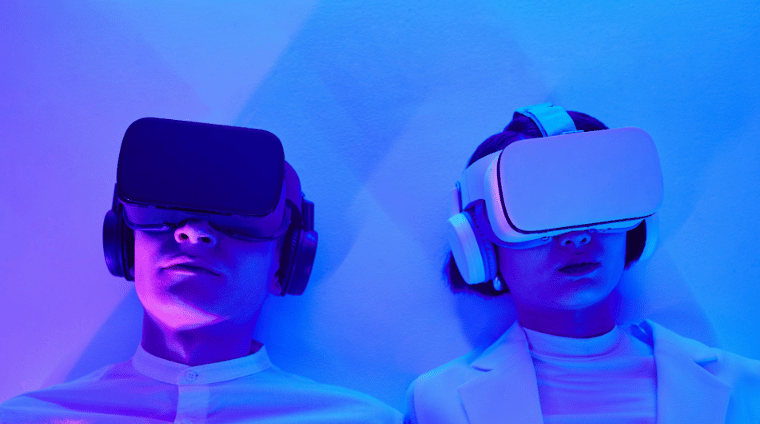
This month we’re celebrating 15 years in business in the tech industry, so we’ve done a bit of looking back, as you do. The difference technology has made to us professionally and in our daily lives is pretty clear. These developments have disrupted markets, mindsets, and even governments. But it’s what happens next that’s the most interesting aspect.
Embracing the future
Rather than being afraid of what the rapid advancement of AI means for us as a business (and let’s face it, as a human race) we’re embracing the future. We see a world where tech (not exclusively AI) will take away many barriers currently stifling our creativity with mundane tasks and look to a place where humans can do what humans do best. Be creative and innovative.
Developments rooted in the past
Most of the developments in tech have their roots decades ago (but exploring that would be a really long post). For example, we think of AI as a new phenomenon but the term artificial intelligence was coined in 1950 by Alan Turing when he published ‘Computer Machinery and Intelligence’.
Back in 1997 Deep Blue, which was developed by IBM, became the first program to beat a human - a world chess champion. And blow everyone’s minds. By 2006 companies like Twitter, Facebook, and Netflix were using AI as part of their advertising algorithms.
So, it makes sense to look back for clues to where we’re heading - those changes will already have started.
These developments have disrupted markets, mindsets, and even governments.
2008
Evo Agency was founded (formerly Evosite)
- Airbnb was founded too. Disrupting the hotel industry by offering a cheaper more authentic alternative and enabling everyday people to monetise their properties.
- WiFi Direct was created. Allowing WiFi-enabled devices to communicate even with no internet connection.
- App Store launched by Apple with 500 apps. Transforming what it means to be a software developer. No longer were apps just developed by Apple. The number of apps peaked at approx. 2.1 million.
- Chrome’s first public version was released by Google. Combining Chrome's address bar with a Google search bar, allows you to search and type in a URL in one place.
- Bitcoin is invented. Becoming the first cryptocurrency and creating a decentralised system.

2009
- WhatsApp launches. Transforming how we message and becoming popular as a low-cost alternative to texting which came with charges or limits in many cases.
- Uber was founded. Disrupting the taxi industry, although it defines itself as being in tech not transport. Much like Airbnb it made use of the peer-to-peer sharing economy concept.
- Fitbit Tracker is released. Starting our obsession with step counts - initially as a clip - revolutionising our approach to health and fitness. Now owned by Google.
- Minecraft is first made public. Revolutionising gaming because it has no real goal and no real end. Also because it allows users to gather the resources they need to create on their own. Fun fact: it was originally called Cave Game.
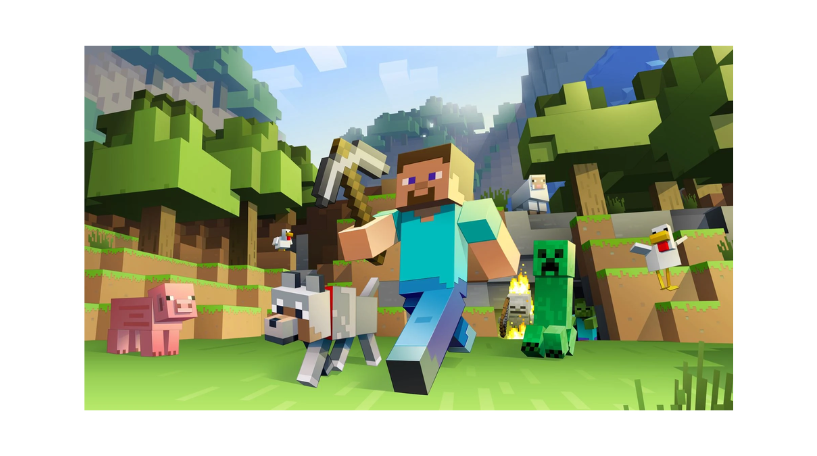
2010
- The iPad is released by Apple. Raising the bar for the consumer market in tablets that had been floundering for a while.
- Instagram launches. Transforming social media to be image-led. Originally founded as a way of sharing good, well-edited photos of everyday life. It’s exploded to become a hugely influential channel as a direct result of its visual nature and moved well beyond the everyday.
- Xbox 360 Kinect was released by Microsoft. Shaking up the gaming market with the first hardware to track body movement - a step on from the likes of the Wii. It was eventually discontinued in 2017 as the technology wasn’t reliable enough.
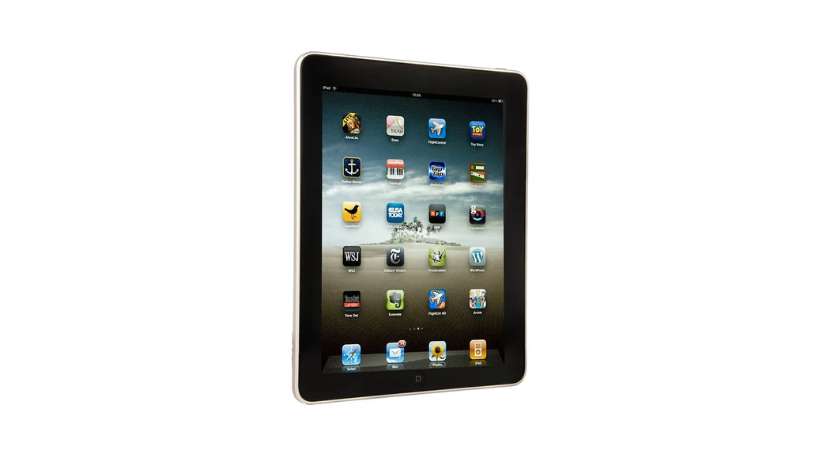
2011
- IoT and smart homes develop. Becoming a part of everyday life, the concept having been initially introduced back in 1999.
- Adobe Creative Cloud released. Moving its applications into the Cloud in response to consumers being increasingly online and mobile. They weren’t the first but as a huge player in the software industry, this marked a significant shift.
- Arab Spring protests spread by social media. Demonstrating the power of social media. Protesters were able to communicate and organise themselves at scale, as well as gain global awareness as never before.
- Siri is announced. Transforming how to use our smartphones (supposedly) but it doesn’t go far enough…
- Google Pay Send (formerly Google Wallet and now discontinued) a peer-to-peer payment service launched. Paving the way for future mobile payment services.

2012
- Facebook acquires Instagram for nearly $1 billion only 2 years on. Securing Facebook’s dominance in the world of social media for years to come.
- Google Drive is launched. Improving how we share and collaborate, allowing you to access files on the move.
- Apple Passbook (now Apple Wallet) was announced. Rivelling Google Pay Send.

2013
- Office 365 is announced. Allowing users complete flexibility in where they work - all you need is an internet connection.
- Edward Snowdon leaked top secret documents on mass surveillance. Shocking the world, he worked with journalists to bring surveillance programs to light, where, for example, data was collected with the assistance of Microsoft, Facebook, and Google.
- Google Pay, a digital payments service introduced (formerly Android Pay).
- Oculus Rift DK1 released. Marking the next generation of tethered VR headsets. It was created by young VR enthusiast Palmer Lucky.
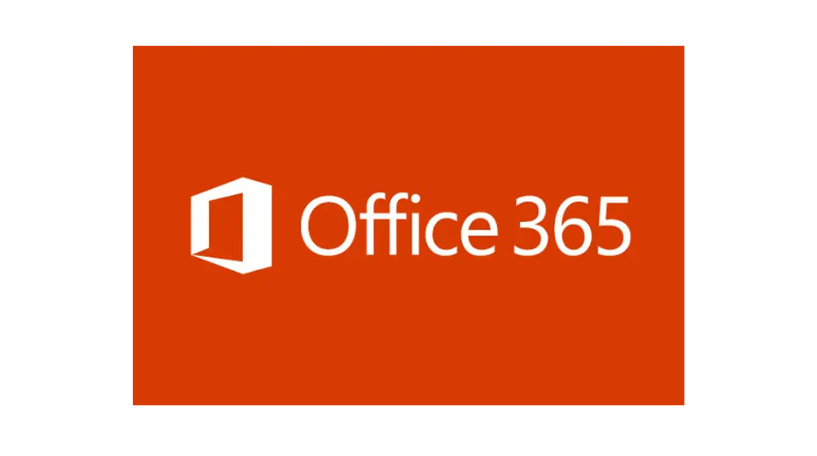
2014
- Apple Pay is released. Transforming the world of contactless payments. Reducing friction, and improving user experience.
- HTML 5 was announced as the successor to HTML 4. Shaking up the standard for web markup languages since 1997.

2015
- Bill Gates joins Stephen Hawking and Elon Musk (ironically as he goes on to be a founder of OpenAI) in expressing a fear of the future development of AI to the human race. Raising concerns with many people about how AI will be regulated in the future.
- Android and Samsung Pay launched. Competing with Apple Pay.
- Windows 10 was released. Improving security was a big feature at the time. Windows 7 was still around until 2020 though.
- Alexa is launched. Becoming what Siri could have done but didn’t succeed at.
- Apple Watch went on sale. Chaining us to our phones by our wrists as well as our palms.
- OpenAI was founded. By Sam Altman, Greg Brockman, Elon Musk, Ilya Sutskever, Wojciech Zaremba, and John Schulman.
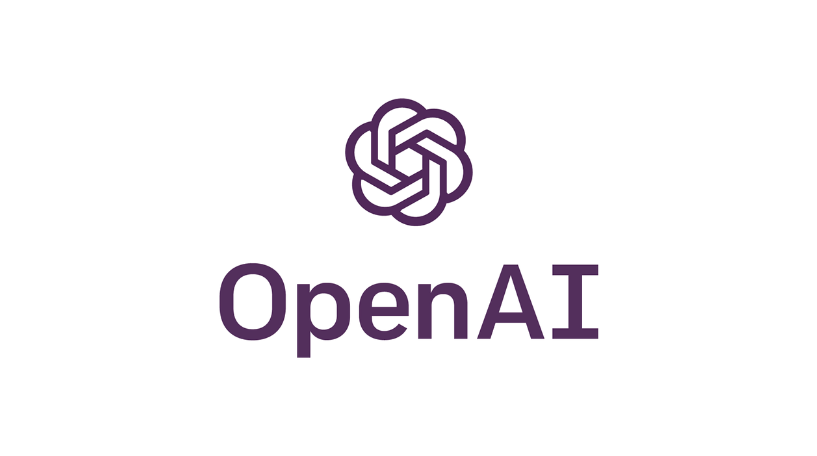
2016
- Pokémon Go is launched. Combining mobile gaming with augmented reality and forcing users to get up out of their seats. It became a global phenomenon and is still one of the most successful games of all time.
- The Houseparty app was released. Coming into its own when the pandemic hits in 2020 but shutting down a year later.
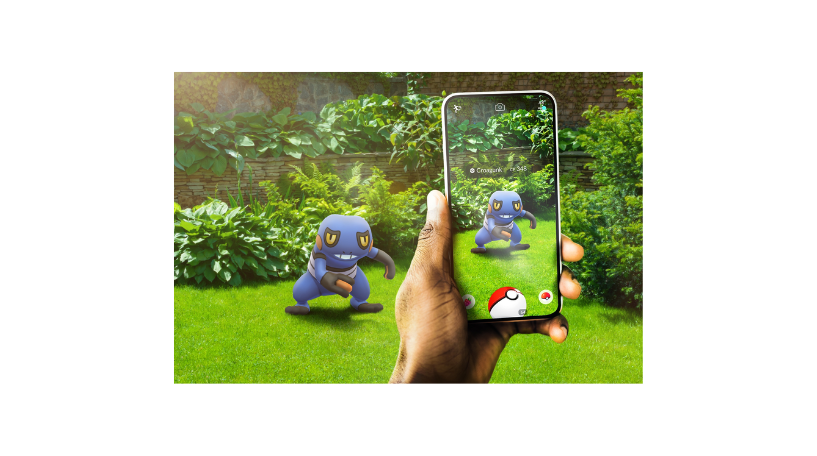
2017
- Nintendo Switch launched. Disrupting the market by offering something in between the traditional home and handheld consoles and creating a niche of its own.
- Alpha Go became better at the game ‘Go’ than any human. Marking a milestone in AI development. The one we all knew was coming.
- Facebook programmed two AI chatbots to converse with each other. Developing their own language, completely autonomously, and not using English in the end.
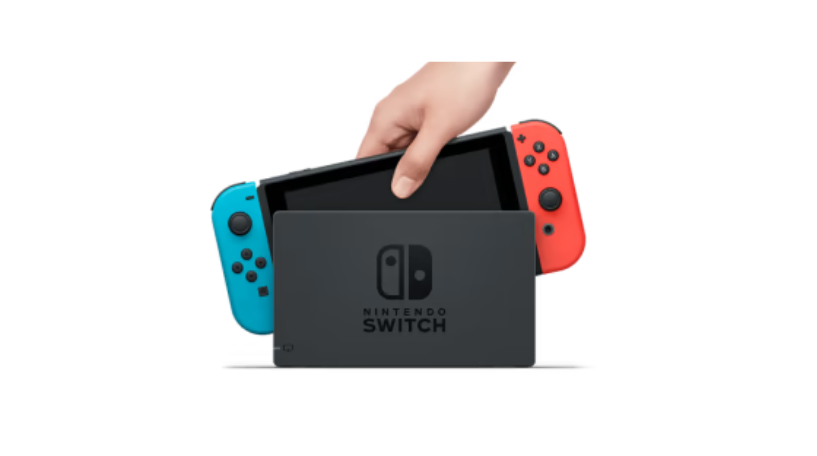
2018
- Alibaba’s (a Chinese tech group) language-processing AI beat human intellect on a Stanford reading and comprehension test.
- Google Pay (digital wallet app) is introduced (now Google Wallet - all very confusing with the name changes).
- GPT (Generative Pre-training Transformer) was created by OpenAI - an AI language model. Creating the foundation for ChatGPT.

2019
- Google’s AlphaStar reached Grandmaster on a game called StarCraft 2. Beating all but .2% of human players. Another landmark in AI history.

2020
- GTP-3 beta testing was started by OpenAI. Transforming what we’ve seen come before it in terms of Large Language Model testing.
- Google Pay (mobile app), a mobile payments app introduced in 2020.

2021
- DALL-E was developed by OpenAI. Moving AI closer to understanding the visual world.

2022
- Authenticated Transfer (AT) Protocol from Bluesky is released. Aiming to empower users through the Fediverse - a federated approach to social media.
- Bluesky open-source code unveiled. Becoming an early version of their decentralized social network protocol.
- ChatGPT early demo is released. Going viral on social media.

2023
- 15 years on we’re watching AI explode before our eyes.
- ChatGPT becomes the fastest-growing consumer software application in history
- Researchers claim that a quantum computer completed a task in 6 seconds that would take a classic one 47 years! Mindblowing.
What’s next in tech?
Where will it have moved to in another 15 years? We’re ill-equipped to answer that (Bard probably knows more than us) but what we do know is that the evolution will be constant and fast.
Decentralisation
Decentralisation is a running theme. We saw Airbnb and Uber do this in their markets by embracing peer-to-peer sharing. They’re known as ‘disrupters’ but ultimately what they did was decentralise. Bitcoin did the same for currency and the Fediverse looks on the verge of transforming the social landscape. Moving away from centralised systems, where users have very little or no control, into federated systems where we own our data and privacy.
The Fediverse will be a very different place from the Metaverse.
There will be new opportunities
What the last 15 years have taught us is that we need to look for opportunities rather than be afraid of the possibilities. Don’t be a Siri or a Houseparty. They had the chance to be something but either missed it or didn’t pivot in time. There’s a lot we can learn from that. Look at Threads. They’ve seized the moment created by the backlash from Twitter followers about capping the number of tweets you can view, to capitalise on the already imploding usage and offer an alternative.
Carpe Diem. (Seize the day)
There will be new job roles
There will be jobs emerging we could never have predicted a year ago, let alone 15. For example, AI Prompt Engineers are now earning reportedly six-figure salaries so companies can get maximum value from generative AI tools.
AI will become increasingly integral to everyday life
AI is highly unlikely to go away, given its roots go back as far as 1950. Let’s not get into the debate on whether it will be the end of the human race or not. In the short term, it will be vital to discover how we can use it in our businesses and daily lives to our advantage. That brings us neatly back to the start where we talked about AI giving us more time and space to create and innovate (although how long we’ll stay ahead of AI in terms of creativity remains to be seen!).
Innovating around change
Those who embrace change will be propelled forward at a much faster rate than those who adopt it too late in the day. Our future will be about innovating around the change that’s inevitable.
Don’t be left behind.
*Images sourced and edited using Canva by our digital marketing work experience student. Thanks Freddie.





